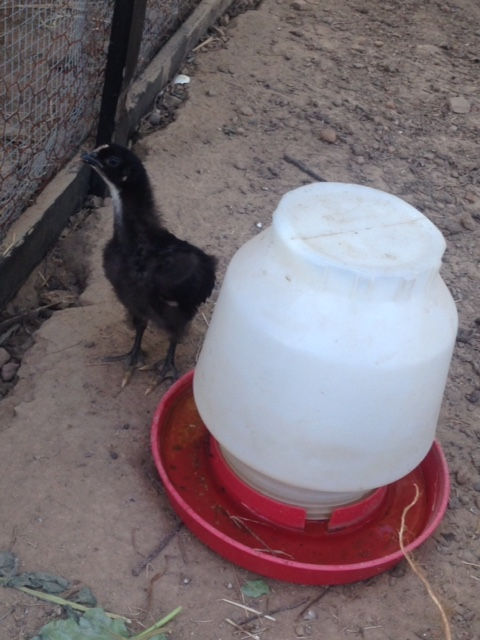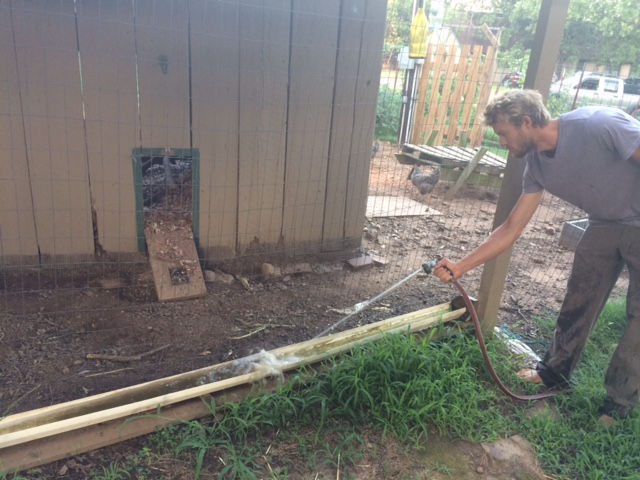On Chickens
- laurengoff
- Jul 5, 2016
- 2 min read
Our recently hatched baby chicks have become quite popular on Camp Mitchell's Facebook page. Because of that, and because of the fact I like birds quite a lot, I've decided to devote this week's post on chickens!
Something that I noticed while I was in Japan was that the yolks of eggs were orange instead of yellow. Apparently, that's because when a hen gets more nutrition, her eggs' yolks become more orange.
The chicken feed that most companies use is made of corn, and only has enough calories in it to keep the chicken alive and producing eggs. If the hen eats other things such as grass, insects, and greens, the more nutrition her body can afford to put into her eggs.
Speaking of eggs specifically, any egg you buy could have been fertilized. A baby chicken only starts to grow when it is kept at 98˚F (37˚C) certain about of time. A chicken will hatch after about 21 days. Naturally, a hen will create this environment by sitting on the eggs. If that isn't the case, an incubator can make the right environment.

If a chick was not nurtured by one of the flock, the other chickens will attack it until it can fend for itself. That is why we are keeping our newly-hatched chick in her own cage for now.

Another strange thing that chickens do is track feces and dirt into their water trough. That is why we keep our chickens' trough outside of the fence where they can stick their heads through.

Right now we are planning on somehow attaching their cage to a tractor so that they can eat from different areas of the farm and get more nutrients. The problem is how to set that up so that the vixen still can't get to them. I'm sure we can do it eventually, though!













Comments